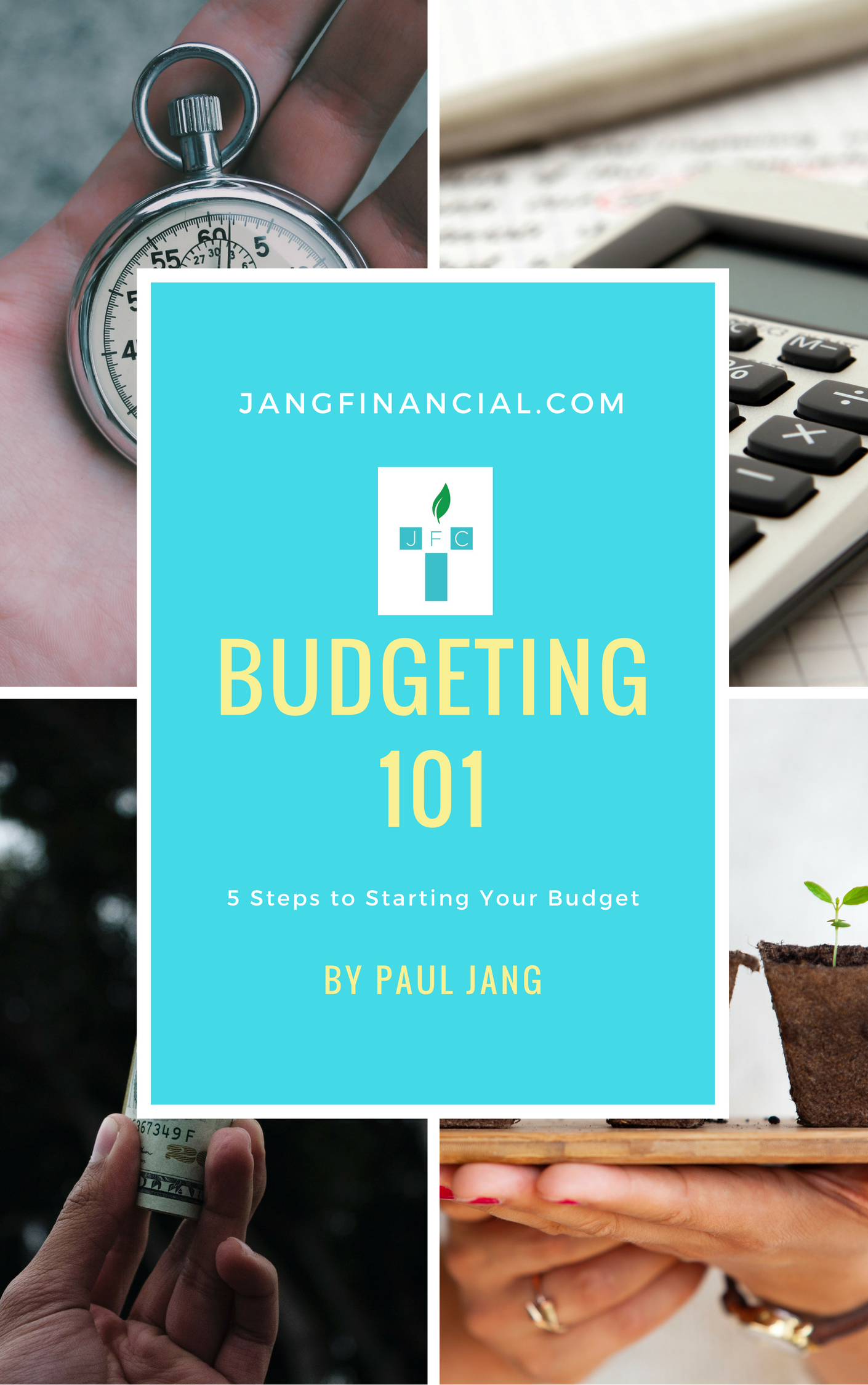A Steward’s Guide to Starting a Budget
/Theological Foundations for Biblical Stewardship
As a Christ-follower, we start with a few basic presuppositions.
1) Everything we have belongs to God since God gave us all resources, including finances, to manage (Matt. 25:15),
2) We are to manage God’s finances well for God’s approval (Matt. 25:21, 23).
So if we biblically answer the question of financial ownership, we come to accept our role as temporary managers seeking to fulfill the Master’s wishes.
The Condition of Today’s Biblical Stewardship
While Bible makes good stewardship of finances a clear expectation by God and our accountability for it a clear and real certainty upon Christ’s return, many of us have not learned how to manage finances well. Many of us have not learned it from our parents, our schools or our churches.
Our parents and schools may have taught us many skills, but they have neglected to teach us how to manage our finances which pretty much affects every area of our lives. They have educated us, equipping us to master various subject matters, but have not offered any education to increase our personal financial literacy, leaving us often vulnerable to the predatory credit card companies, ill-equipped to consider the amount of school loans to take out, and leaving us enslaved to car payments. While the church has done a decent job of equipping Christ-followers how to manage our time and talent to serve the church and add value in this world, it has shied away from equipping the saints how to manage God’s treasures in this world.
I know there are some of us who have parents who taught us well, attended schools that offered personal financial literacy classes, and were part of a church that taught them a good biblical foundation. But I also know that there are many more who have not been so blessed. That’s okay. Don’t be discouraged. You can start here. It is never too late and never too early to learn to grow as a good steward managing our God-given treasures for God’s approval.
Start Here
1. Start by remembering whose it is. That everything, including your finances, belongs to God. And that we are temporarily managing it for God’s approval. Because everything hinges on this, we need to be praying through this regularly, asking God to align our hearts with his.
2. Start tracking your purchases for the next 30 days. You might be tempted to just start a budget. Hold off on this. Before trying to figure out your destination, you need to first know exactly where you are and the best way to do that financially is to track your expenses for the next 30 days. Consider this as discovering your financial GPS point of origin. You can only get to your destination if you know where you are. This is the same for driving as well as with your finances. Ask a receipt of every purchase you make, and start writing down your expenses on a daily basis by putting this ritual into your daily practice. It is usually a good idea to do this at the end of your day. Create a space to do this in your home. You can do this on any simple notebook by creating a few columns, including the date, the amount, what it was for.
3. Start tracking your fixed and variable monthly expenses. As you are collecting and tracking purchases you physically make, also begin to track your automated expenses from your housing cost (rent or mortgage), car payment, your utilities, phone bills, internet, subscriptions, and more. These are generally expenses you pay monthly.
4. Start tracking your annual, quarterly, or seasonal expenses. As you track your 30 days of purchases, you want to also begin to review your past year to get a fuller financial picture. This may include insurances, property taxes, vacations, holiday-related expenses, and more. This is probably the category that disrupts a large proportion of people as we often don’t plan ahead for these expenses. I can’t count the number of people who don’t save ahead for their Christmas gifts, parties and travel costs. This happens same time every year, but gets so many of us in trouble.
5. Start listing all your debt. If you have any debt, this is also a good time to start listing your debt smallest to largest from credit cards, car loans, personal loans, school loans, mortgages and more. Include the name of the lender, the principal you owe, the interest rate, and the required minimum payment amount.
6. Start listing all your assets. If you have anything of value, start listing them by name and their value. If the item needs to be appraised, get it done. Depending on how valuable these assets are financially or personally, you might or might not want to consider selling them to pay off your debt faster.
If you would like a spreadsheet to help you get started in gathering the abovementioned lists, please feel free to email me at paul@jangfinancial.com.
Are you ready to get started? Contact me at paul@jangfinancial.com if you want to help disciple your congregation as God-honoring stewards from a biblical perspective, or if you yourself want to grow as a steward seeking to practically manage the finances better to hear from our Lord upon his return, “Well done, good and faithful servant. You have been faithful over a little; I will set you over much. Enter into the joy of your master.” (Matthew 25:21, 23)
Questions to Ponder:
1. How are you wrestling with the question of ownership with money?
2. What is keeping you from getting started on tracking your expenses, listing your debt and assets?
Paul Jang
Pastor | Personal Financial Coach to Individuals & Financial Stewardship Ministry Consultant for Churches
*If you want to automatically receive these weekly blogs, sign up for a free budgeting e-book at www.jangfinancial.com.



